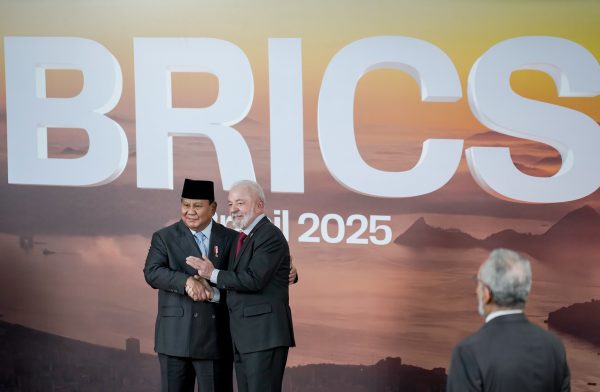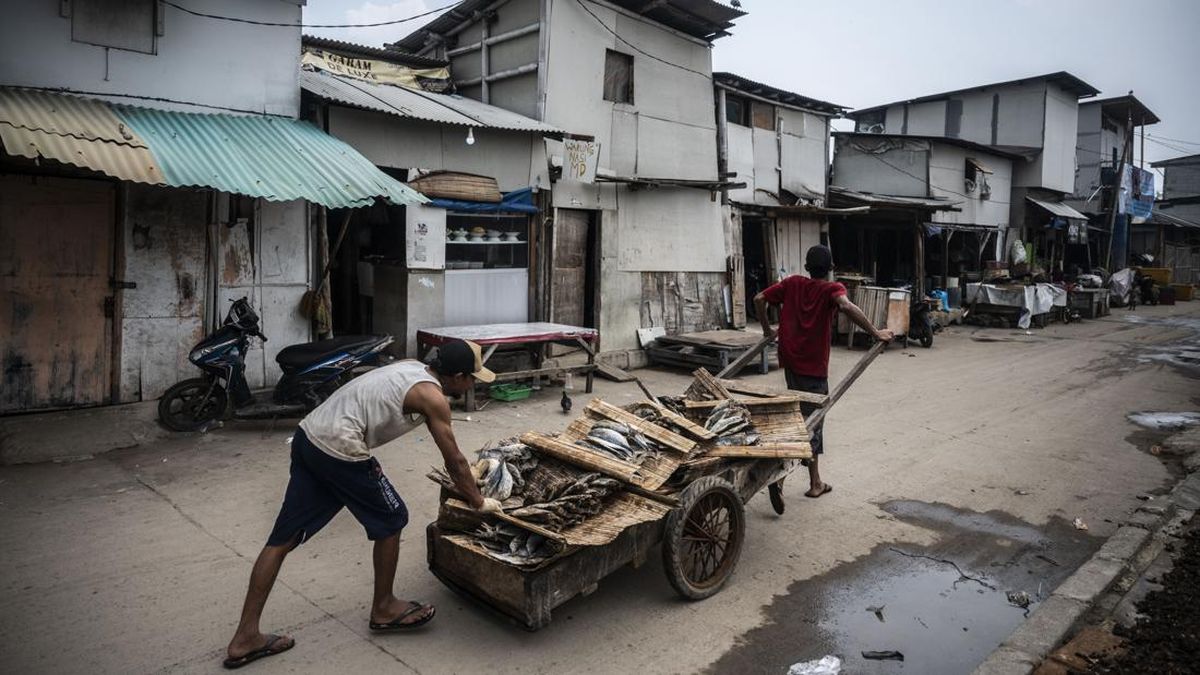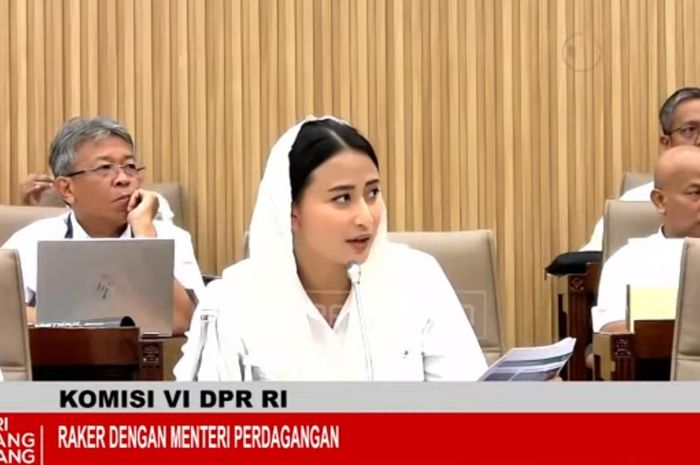In a landmark diplomatic move, Indonesia attends BRICS summit for the first time, signaling a shift in its foreign policy direction. The Southeast Asian nation’s debut participation at the BRICS platform highlights its ambition to engage more actively with non-Western economic powers and broaden its global influence.
BRICS—comprising Brazil, Russia, India, China, and South Africa—has long been viewed as a counterbalance to Western-dominated institutions like the IMF and World Bank. Indonesia’s involvement reflects its growing interest in playing a central role in global economic reform and south-south cooperation.
Strategic Timing and Motivation
Indonesia’s decision to attend this year’s BRICS summit aligns with its broader strategic goals: expanding its international partnerships, promoting multipolarity, and reinforcing economic resilience amid shifting global power dynamics. Officials from Jakarta stressed the importance of building inclusive global governance, where emerging economies like Indonesia have a stronger voice.
By engaging with BRICS, Indonesia is exploring alternatives to traditional Western-aligned structures, without abandoning its long-standing ties to the G20 or ASEAN. This flexible foreign policy approach—often described as “free and active”—has become a hallmark of Indonesia’s global diplomacy.
Potential Economic and Political Benefits
Indonesia’s presence at the summit offers significant opportunities. Economically, it opens doors for enhanced trade with BRICS nations, particularly in sectors such as energy, infrastructure, and digital technology. Politically, it positions Indonesia as a bridge between developed and developing economies.
As the world faces continued uncertainty—from post-pandemic recovery to geopolitical tensions—Indonesia’s move to join the BRICS conversation underscores its readiness to contribute to global problem-solving on its own terms.
Balancing Global Relationships
However, this new direction is not without challenges. Indonesia must maintain a delicate balance. It is building ties with BRICS while preserving relationships with Western countries and global financial institutions. Its participation is currently non-member status, but further engagement could lead to observer or full member status in the future.
Diplomatic analysts suggest that Indonesia is signaling interest in a more pluralistic world order. In this system, power and influence are more evenly distributed among nations.
Conclusion
Indonesia attends BRICS summit for the first time in what many see as a bold step toward global realignment. The move highlights Jakarta’s vision for a more inclusive and balanced global system. It aims to let emerging nations lead in shaping economic and political futures.
Indonesia continues to assert itself on the global stage. Its BRICS debut may become a defining moment in its foreign policy journey.



